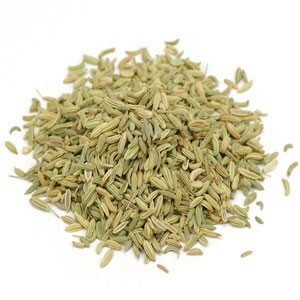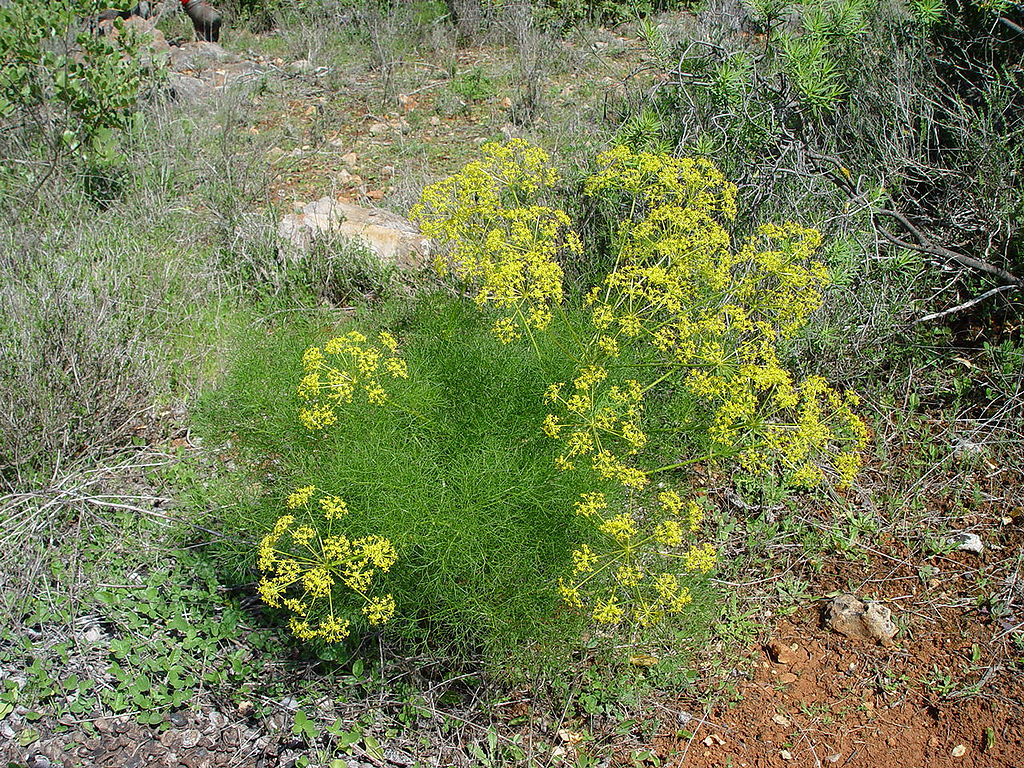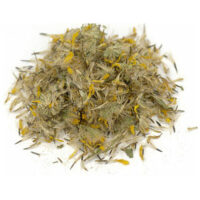Western Bulk Herbs – Fennel Seed
Fennel seed stops stomach cramps, often added to laxatives to guarantee a gentle action. Fennel helps with bloating in the digestive system and is used for conjunctivitis. It can also be used as an eyewash and increase milk production in nursing mothers.
You can use it for your baby when they suffer from colic or teething pain. Fennel can be used to increase the appetite. It tends to help with digestions. It can also be used to treat kidney stones.
Latin Name:
Foeniculum vulgare
Common Names:
Bari-Sanuf, Bitter Fennel, Carosella, Common Fennel, Fennel Oil, Fennel Seed, Finnochio, Florence Fennel, Foeniculi Antheroleum, Foeniculum Officinale, Foeniculum Capillaceum, Garden Fennel, Large Fennel, Sanuf, Shatapuspha, Sweet Fennel, Wild Fennel.
Parts Used:
The “fruit” or dried seed.
Properties:
aromatic and carminative properties,
Traditional Uses:
Tea, syrup, tincture and sometimes, capsules.
Topical Uses / Applications:
Culinary Uses:
Fennel can be added to just about anything you want to have a slight licorice flavor. You can also mix it with other spices or but it whole at the grocery store and make fennel soups or stews.
Chemical Properties:
anethole (50 to 80%), limonene (5%), fenchone (5%), estragole (methyl-chavicol), safrole, a-pinene (0.5%), camphene, b-pinene, b-myrcene and p-cymene. The seed also contains fiber and complex carbohydrates.
Cautions:
GRAS: Generally Recognized as Safe. This herb can safely be consumed when used appropriately. Do not use concentrated doses (essential oil) on children or if you are pregnant. Take caution if there is allergic hypersensitivity.
Folk Lore:
Culpepper says: ‘One good old custom is not yet left off, viz., to boil fennel with fish, for it consumes the phlegmatic humour which fish most plentifully afford and annoy the body with, though few that use it know wherefore they do it. It benefits this way, because it is an herb of Mercury, and under Virgo, and therefore bears antipathy to Pisces.
Fennel expels wind, provokes urine, and eases the pains of the stone, and helps to break it. The leaves or seed boiled in barley water and drunk, are good for nurses, to increase their milk and make it more wholesome for the child. The leaves, or rather the seeds, boiled in water, stayeth the hiccup and taketh away nausea or inclination to sickness. The seed and the roots much more help to open obstructions of the liver, spleen, and gall, and thereby relieve the painful and windy swellings of the spleen, and the yellow jaundice, as also the gout and cramp.
The seed is of good use in medicines for shortness of breath and wheezing, by stoppings of the lungs. The roots are of most use in physic, drinks and broths, that are taken to cleanse the blood, to open obstructions of the liver, to provoke urine, and amend the ill colour of the face after sickness, and to cause a good habit through the body; both leaves, seeds, and roots thereof, are much used in drink, or broth, to make people leaner that are too fat. A decoction of the leaves and root is good for serpent bites, and to neutralize vegetable poison, as mushrooms, etc.’
*Disclaimer: These statements have not been evaluated by the Food and Drug Administration. This product is not intended to diagnose, treat, cure or prevent any disease.
Resources:
PDR for Herbal Medicines, 2000. Medical Economics Company, Montvale, New Jersey.
The New Holistic Herbal. David Hoffmann, 1990. Barnes and Noble Books, New York.
A Modern Herbal, Mrs. M. Grieve, (Dover Publications, New York, 1971)
Major Herbs of Ayurvedic.Compiled by Dahur Research Foundation and Dahur Ayurvet Limited, Ghaziabad, India., 2002. Churchill Livingstone, London, England.
Chinese Herbal Medicine: Materia Medica, Third Edition, Dan Bensky and Andrew Gamble, 1986. Eastland Press, Seattle, WA.







Reviews
There are no reviews yet.